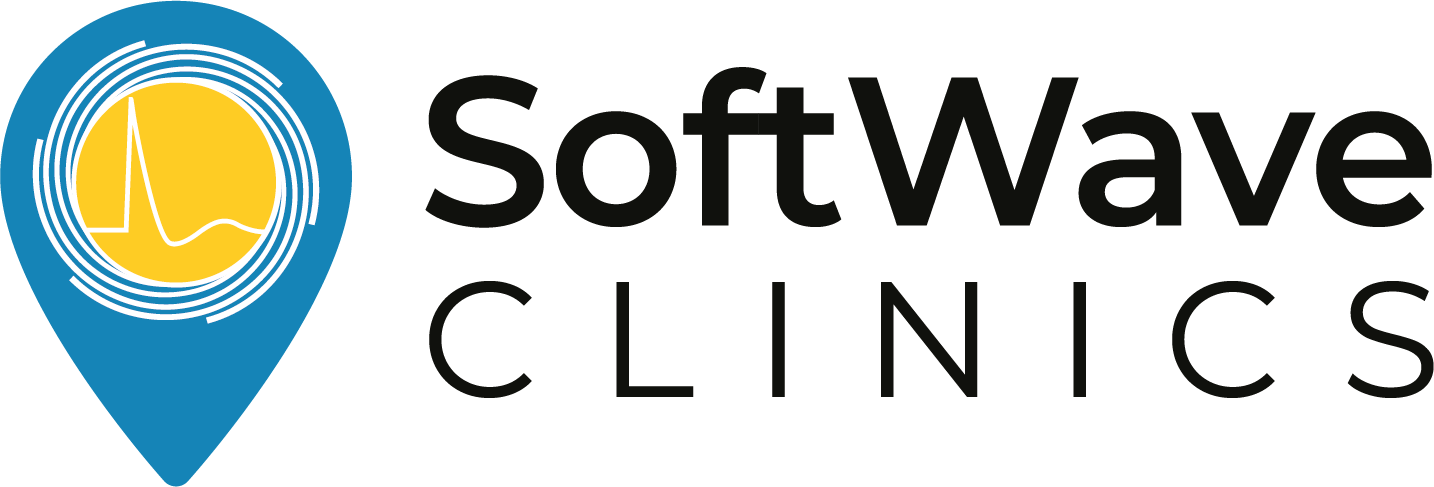Shock waves induce angiogenesis via exosome release
Shock waves induce angiogenesis via exosome release
Graber M, Pölzl L, Lobenwein D, Graber M, Blumer M, Kirchmair E, Kirchmair R, Paulus P, Davidson
S, Grimm M, Tepeköylü C, Holfeld J.
Background:
The mechanism of mechanotransduction of shock wave therapy (SWT) remains unknown. We hypothesized that SWT induces exosome release and thus exerts its angiogenic effects.
Methods:
Human umbilical vein endothelial cells (HUVECs) were treated with SWT. Exosomes were isolated from the supernatant and analyzed by nanoparticle tracking analysis. The angiogenic potential was analyzed in vitro and exosomes were injected into subcutaneously implanted matrigel plugs in nude mice. Perfusion of the plugs was measured via Laser Doppler perfusion imaging (LDPI) and quantified histologically.
Results:
Supernatants of treated HUVECs showed significantly higher concentrations of exosomes. Released exosomes enhanced tube formation and endothelial cell proliferation. Exosome-release inhibitor GW4869 abolished the angiogenic effects of SWT. Injection of exosomes into subcutaneously implanted matrigel plugs resulted in higher perfusion and increased number of capillaries and arterioles.
Discussion:
We show for the first time how the mechanical stimulus of SWT is translated into a biological response. SWT causes exosome release which have and highly angiogenic potential in vitro and in vivo.
Conclusion:
Exosomes released by SWT might develop a therapeutic treatment option for ischemic heart disease.
